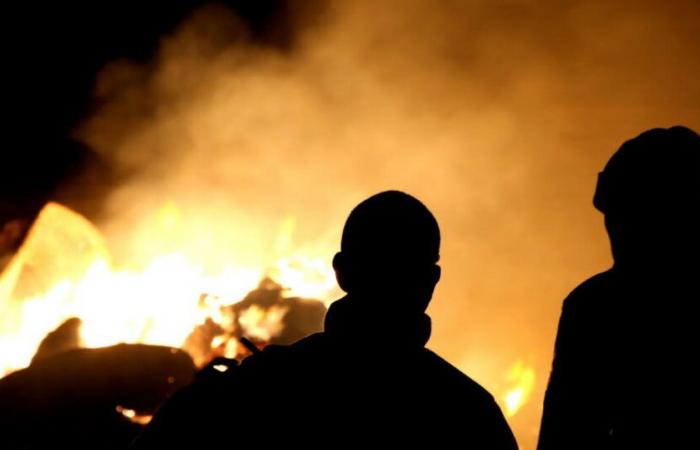What idea could have crossed the mind of this forty-year-old? Did he want to remove the traces of the break-in he had just committed? Still, after stealing two cans of tomato sauce from a car parked on rue Charles-Nodier, in Valentigney, on Thursday, the alleged perpetrator set the vehicle on fire.
This content is blocked because you have not accepted cookies and other trackers.
By clicking on “I accept”cookies and other trackers will be placed and you will be able to view the contents (more information).
By clicking on “I accept all cookies”you authorize the storage of cookies and other trackers for the storage of your data on our sites and applications for personalization and advertising targeting purposes.
You can withdraw your consent at any time by consulting our data protection policy.
Manage my choices
I accept
I accept all cookies
Quickly identified (the cans of tomato sauce were found at his home), he was arrested and placed in police custody.
Nine convictions in Val-d'Oise
It appears that this native of Pontoise (Val-d'Oise) had a few problems in his wake, as evidenced by the nine convictions appearing in his criminal record, emanating from the jurisdiction of his town of origin. At the end of his police custody which ended this Saturday, he was presented to the Montbéliard court with a view to an immediate appearance on Tuesday.
Stranded waiting for the hearing
In view of his background and in order to avoid a possible flight to avoid facing the judges, the prosecutor requested his placement in detention pending judgment.
Without much surprise, the judge of freedoms and detention followed the requisitions and it is therefore supervised by agents of the prison administration that he will appear this Tuesday.






